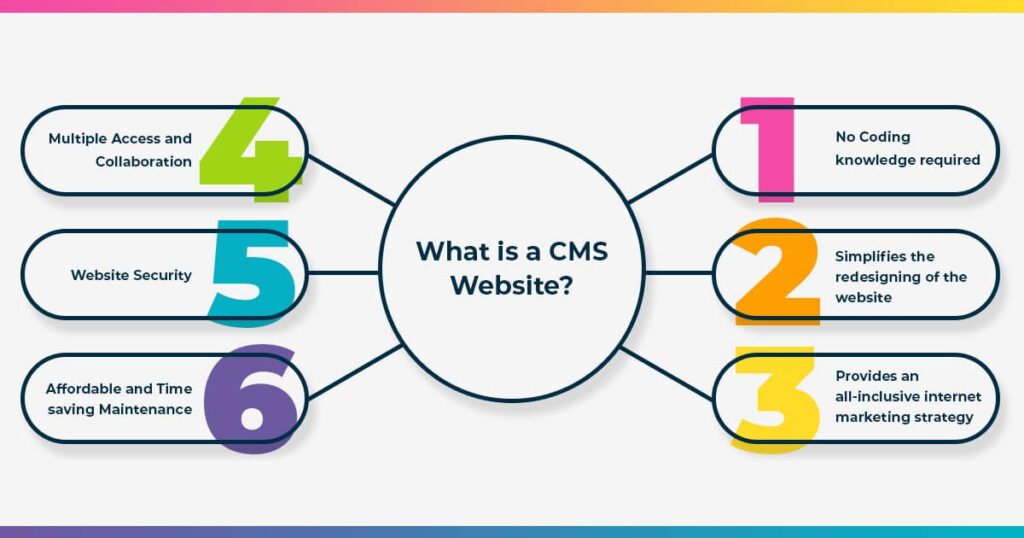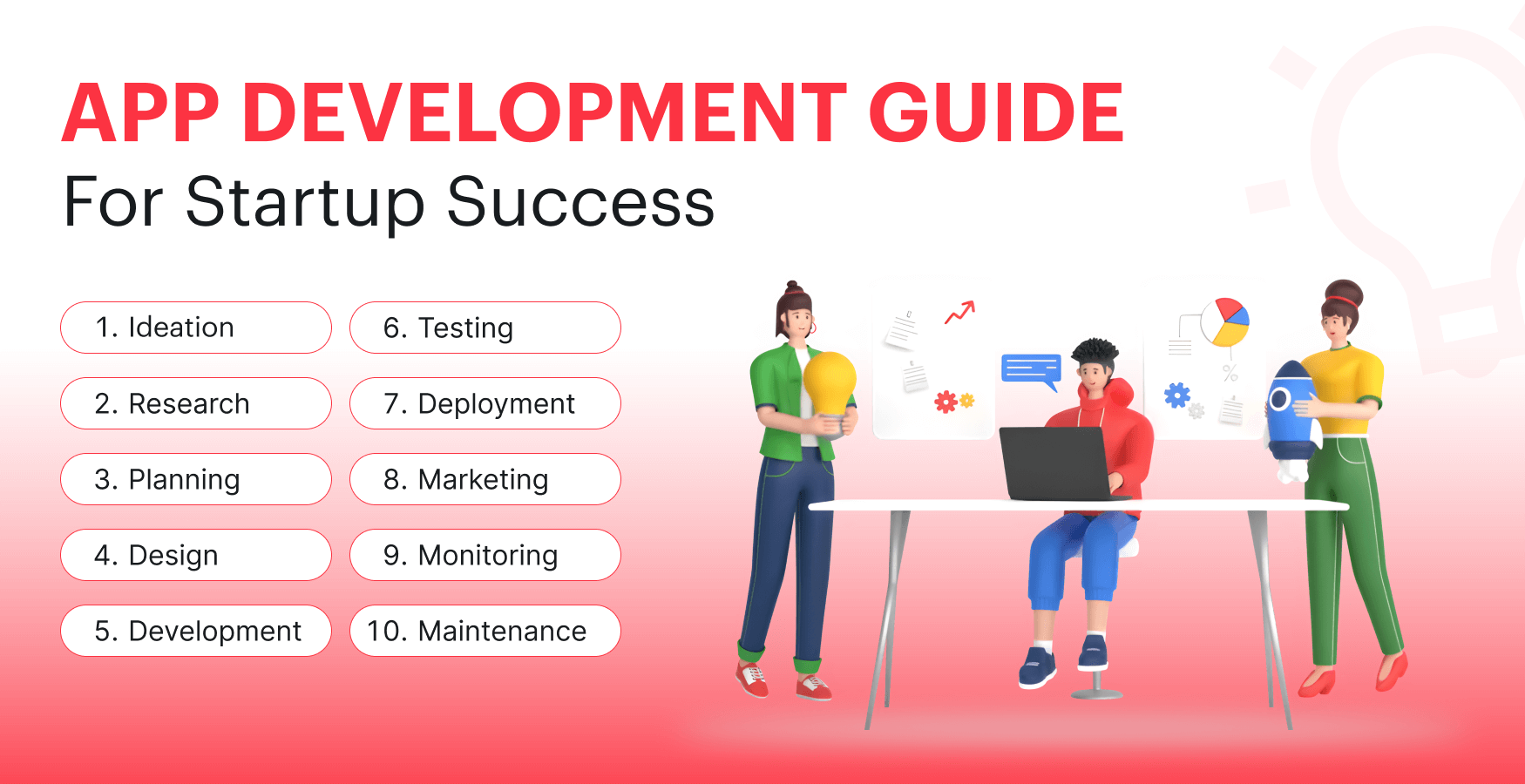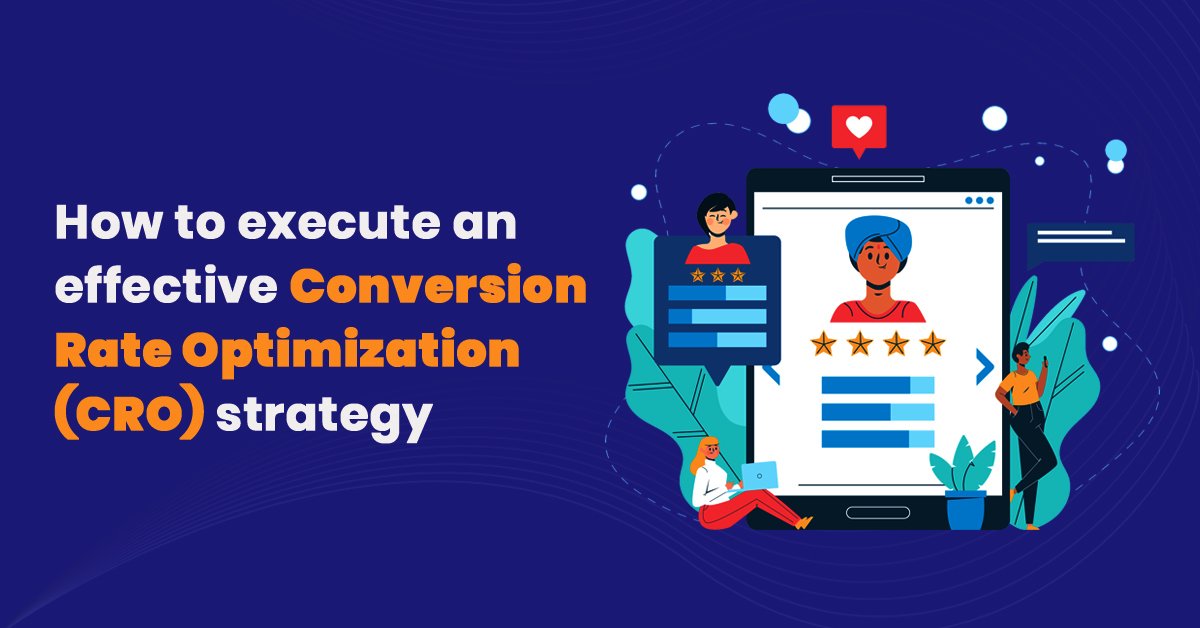

Choosing the right content management system (CMS) for your website is an important decision that can significantly impact your website’s functionality, scalability, and ease of use. Here are some key factors to consider when selecting a CMS:
Define Your Website’s Needs: Start by identifying your website’s specific requirements. Consider factors such as the type of content you’ll publish, the complexity of your website, the need for e- commerce functionality, multi-language support, and any other specific features you may require.
Ease of Use: A user-friendly interface and intuitive content editing capabilities are crucial for efficient website management. Look for a CMS that offers a simple and intuitive dashboard, drag-and-drop functionality, and easy content editing tools.
Scalability and Flexibility: Consider the scalability of the CMS. Will it be able to handle your website’s growth and increasing content volume? Look for a CMS that offers flexibility to accommodate future changes and expansions to your website.
Customization Options: Evaluate the level of customization the CMS provides. Determine if it allows you to create a unique design and layout that aligns with your brand identity. Look for themes, templates, and plugins that can be easily customized or developed according to your specific needs.
Third-Party Integrations: Assess the CMS’s compatibility with third-party integrations. Consider the availability of plugins, extensions, and APIs that allow seamless integration with other tools and services you may require, such as e-commerce platforms, analytics tools, or marketing automation systems.
Security: Website security is crucial for protecting your data and maintaining the trust of your users. Ensure that the CMS has robust security features, regular updates, and a strong track record in terms of security vulnerabilities and patches.
Support and Community: Check the availability of support resources, documentation, and a strong user community for the CMS. This can be valuable when you encounter issues or need assistance with your website.
Cost: Consider your budget and the cost associated with the CMS. Evaluate both the initial setup cost and ongoing expenses such as licensing fees, hosting requirements, and maintenance.
User Reviews and Recommendations: Research user reviews, testimonials, and case studies to gain insights into the experiences of other users with the CMS. This can provide valuable information about the CMS’s strengths, weaknesses, and suitability for different types of websites.
By carefully considering these factors, you can select a CMS that aligns with your website’s specific needs, supports your goals, and offers a user-friendly experience for managing your content effectively.






